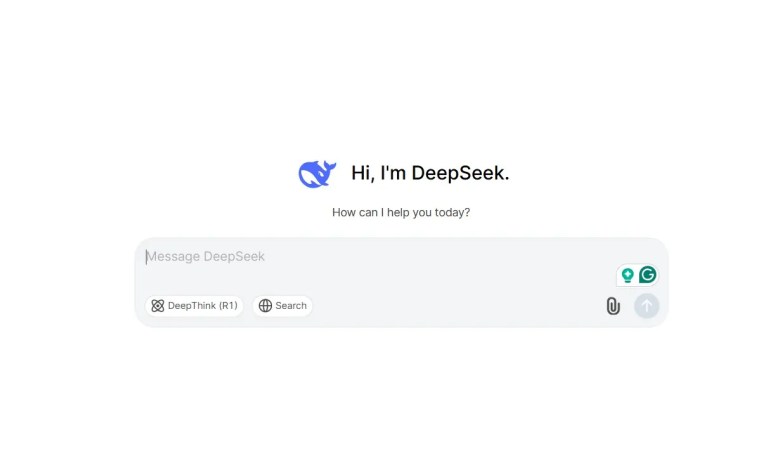OpenAI, the creator of ChatGPT, claims to have evidence that Chinese startup DeepSeek utilized its technology to develop a rival artificial intelligence model, reigniting concerns about intellectual property (IP) theft in the rapidly expanding AI industry. According to OpenAI, DeepSeek, founded by mathematician Liang Wenfeng, may have employed a technique called “distillation,” which enhances the performance of smaller AI models by training them on larger, more advanced ones.
While distillation is a common practice in AI development, OpenAI alleges that DeepSeek may have breached its terms of service by using the method to create a competing AI system. “The issue arises when someone uses our technology to build their product,” a source close to OpenAI reportedly said.
Security researchers at Microsoft, a major investor in OpenAI, reportedly discovered last fall that individuals potentially linked to DeepSeek were extracting large amounts of data through OpenAI’s application programming interface (API). Microsoft alerted OpenAI to the activity, which may have violated OpenAI’s terms of service, and both companies are now investigating whether any unauthorized use occurred.
OpenAI’s terms explicitly prohibit users from copying its technology or using its outputs to develop competing AI models. Last year, OpenAI and Microsoft identified and blocked accounts suspected of belonging to DeepSeek, which were allegedly using OpenAI’s tools in ways that could have breached its rules, sources told FT.
“We are aware that groups in the PRC are actively attempting to replicate advanced U.S. AI models using methods like distillation,” an OpenAI spokesperson said. “We are reviewing indications that DeepSeek may have inappropriately distilled our models and will share more information as it becomes available.”
The spokesperson added that OpenAI is collaborating closely with the U.S. government to safeguard the nation’s most advanced AI models. U.S. businesses have long expressed concerns about IP theft by Chinese entities, particularly in cutting-edge fields like artificial intelligence, biotechnology, and advanced manufacturing. These fears are fueled by allegations of cyber espionage, trade secret theft, and forced technology transfers aimed at gaining a competitive edge in global markets.
The U.S. Navy has reportedly banned the use of DeepSeek over fears that the Chinese government could exploit sensitive data. Similarly, experts have warned that DeepSeek poses a national security risk due to its extensive data collection practices, including logging IP addresses and keystrokes and storing information on servers in China—concerns that have also been raised about TikTok.
Tech leaders have recently speculated that DeepSeek may have benefited from IP theft. David Sacks, an AI and cryptocurrency advisor to former President Trump, suggested that DeepSeek might have copied OpenAI’s technology. “There is strong evidence that DeepSeek used OpenAI’s models to train its own,” Sacks told Fox News, though he did not provide concrete proof.
Josh Kushner, whose venture firm Thrive Capital is a significant investor in OpenAI, criticized American tech figures who have praised DeepSeek’s achievements. “So-called ‘pro-America’ technologists are openly supporting a Chinese model that was likely trained on leading U.S. AI systems, using chips that may violate export controls, and—according to their terms of service—sending U.S. customer data to China,” Kushner wrote on X.
Some AI experts believe DeepSeek’s model may have been trained using OpenAI’s GPT-4, which would violate OpenAI’s terms of service. However, it is not uncommon for AI startups in both China and the U.S. to use outputs from established models to improve their systems.
“Many startups and researchers use responses from commercial AI models like ChatGPT to train their models,” said Ritwik Gupta, a PhD candidate at the University of California, Berkeley. “It saves time and resources by avoiding the need to gather human feedback independently.” As the investigation continues, the allegations highlight the ongoing tensions and competitive dynamics in the global AI industry, particularly between the U.S. and China.
TagsChatGPT Deepseek OpenAI Edit Post


